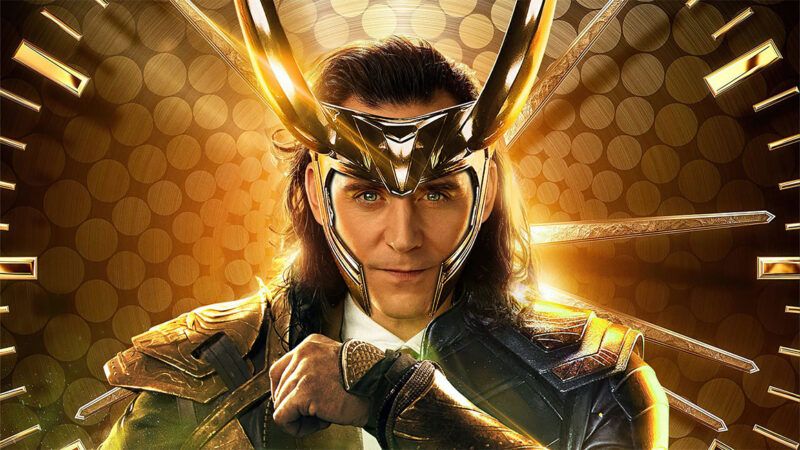Loki
Even the most powerful cosmic demigod can be foiled by the even-more-powerful machinations of bureaucracy.

One lesson of Loki is that even the most powerful cosmic demigod can be foiled by the even-more-powerful machinations of bureaucracy. The series, a streaming-TV expansion of the Marvel Cinematic Universe (MCU), follows the interdimensional adventures of the title character, a cinematic villain so beloved that Marvel's overseers transformed him into a roguish hero.
It would be more precise to say the show follows the adventures of the title characters, since it exists in a world of infinite timelines and thus infinite Lokis. Those timelines—and, eventually, those Lokis—are the raison d'etre for the Time Variance Authority (TVA), which regulates and restricts the timelines, forcing all those diverging paths to converge on what the TVA believes to be the one, true plan. Wherever there is choice, variety, and oddball plenitude, the show seems to say, some suit-and-tie bureaucrats will spring up to manage it in the name of upholding a bland, nondivergent order.
So a version of Loki from the MCU joins up with a female version of himself named Sylvie to overthrow the time bureaucrats—but all doesn't go according to plan. Although they succeed in taking down the agency's mysterious leader, they end up unleashing something wilder, more chaotic, and potentially worse. A beheaded bureaucracy, it turns out, doesn't go away. It just finds a way to infinitely replicate itself.


Show Comments (39)